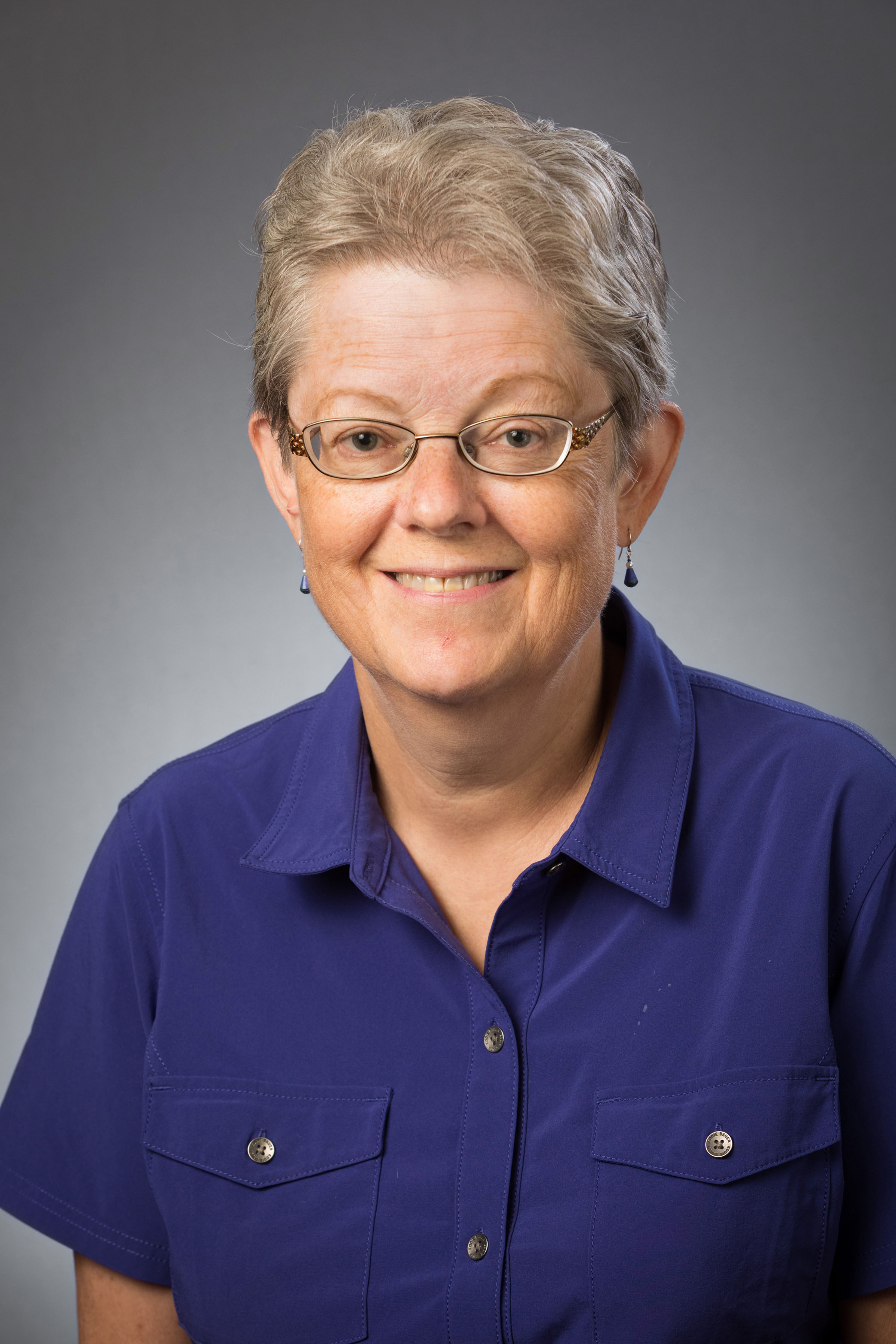Miriam Mulsow, Ph.D.
Email: miriam.mulsow@ttu.edu
Phone: (806) 834-3892
Office: HS 289
Not accepting graduate students for Fall 2026

Research Focus
The underlying theory for most of my research is Family Stress Theory. In particular, I study parenting stress and how various biological, psychological, and social challenges that families and individuals face affect them and their parent-child interactions. Currently, I am studying two such challenges:
In one study, I am part of a team that has begun a longitudinal study of the effects of changing demographics in Lubbock, Texas. Various members of the team are studying changes over time in microaggressions, health, “white space,” education, family interactions, aspirations and expectations, and political influence among the current majority population, the group that is moving toward becoming the majority population, and groups that are likely to retain their relative current position in Lubbock. We welcome involvement in this study by interested students and others.
The second challenge I am studying is the effect of alcohol in breast milk on babies’ developing brains. In this work, I am currently collaborating with two undergraduate students, one graduate student, one graduate of TTU’s PhD program, and a faculty member from Nutrition. If you find this work interesting and you have contacts in the Houston area or the coastal areas near Houston, I invite you to contact me about working on the study for research credit hours.
Areas of Expertise
- Parenting Stress
- Family Stress related to:
- Discrimination
- ADHD
- Alcohol and drugs
- Trauma
- Learning problems
- Program Evaluation
Selected Publications
Eng, S., Mulsow, M., Ritchey, E. K., Zvonkovic, A. (2016). Redefining the roles of parents and social structure in the educational outcomes of Cambodian young adults.. Journal of Adolescent Research.
Eng, S., Szmodis, W., Mulsow, M. (2014). Cambodian parental involvement: The role of parental beliefs, social networks, and trust.. The Elementary School Journal..
Corwin, M., Mulsow, M., Feng, D. (2012). Perceived Family Resources Based on Number of Members with ADHD. Journal of Attention Disorders, 16(6), 517-529.
Casiraghi, A., Mulsow, M. (2010). In H. H. Cleveland, K. S. Harris, & R. P Wiebe (Ed.), Building support for recovery into academic curriculum: Students reflections on the value of staff run seminars in Substance Abuse Recovery in College: Building Communities to Support Sustained Abstinence (pp. 113-144). New York, NY: Springer.
Eng, S., Mulsow, M., H. H., C., Hart, S. (2009). Academic achievement among adolescents in Cambodia: Does maternal trauma matter?. J Community Psychology (37), 754-768.
Diane, O., Ann, C., Janis, H., Augustina, B., Mulsow, M. (2008). Teaching Program Evaluation: Three Selected Pillars of Pedagogy. American Journal of Evaluation, 29(3), 330-339.
Fischer, J., Alan, K., Mulsow, M. (2007). Family systems, biopsychosocial processes, and lifespan development: Introduction to the special issue “Familial Responses to Alcohol Problems”.. Alcoholism Treatment Quarterly, 25, 1-9.
Lee, J. R., Mulsow, M. (2007). The impact of Attention Deficit Hyperactivity Disorder, history of family abuse, and substance abuse on current family violence. Journal of Emotional and Behavioral Disorders, 22, 207-222.
Mulsow, M. (2007). Treatment of Comorbidity in Families. Alcoholism Treatment Quarterly, 25, 125-140.
Stevens, T., Mulsow, M. (2006). There Is No Meaningful Relationship Between Television Exposure and Symptoms of Attention-Deficit/Hyperactivity Disorder. Pediatrics, 117(3), 665-672.
Human Development and Family Sciences
-
Address
Texas Tech University, P.O. Box 41230, Lubbock, TX 79409-1230 -
Phone
806.742.3000 -
Email
hs.webmaster@ttu.edu
